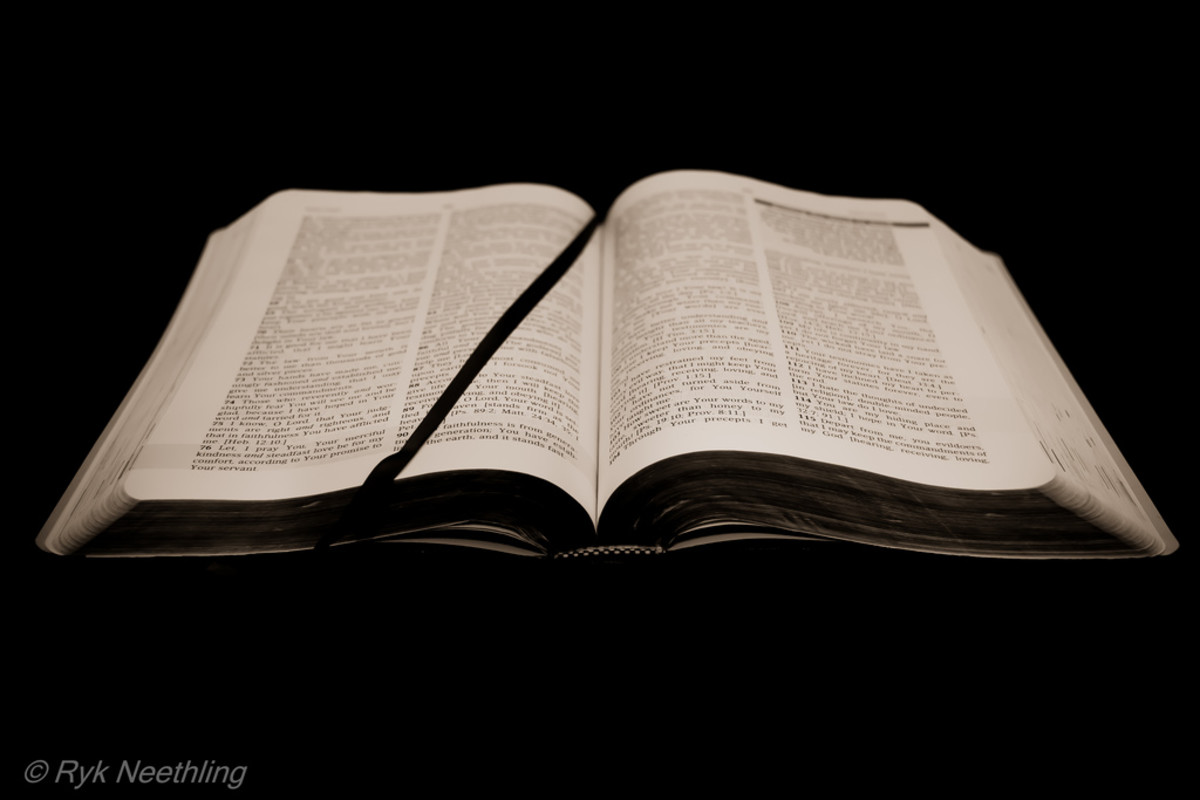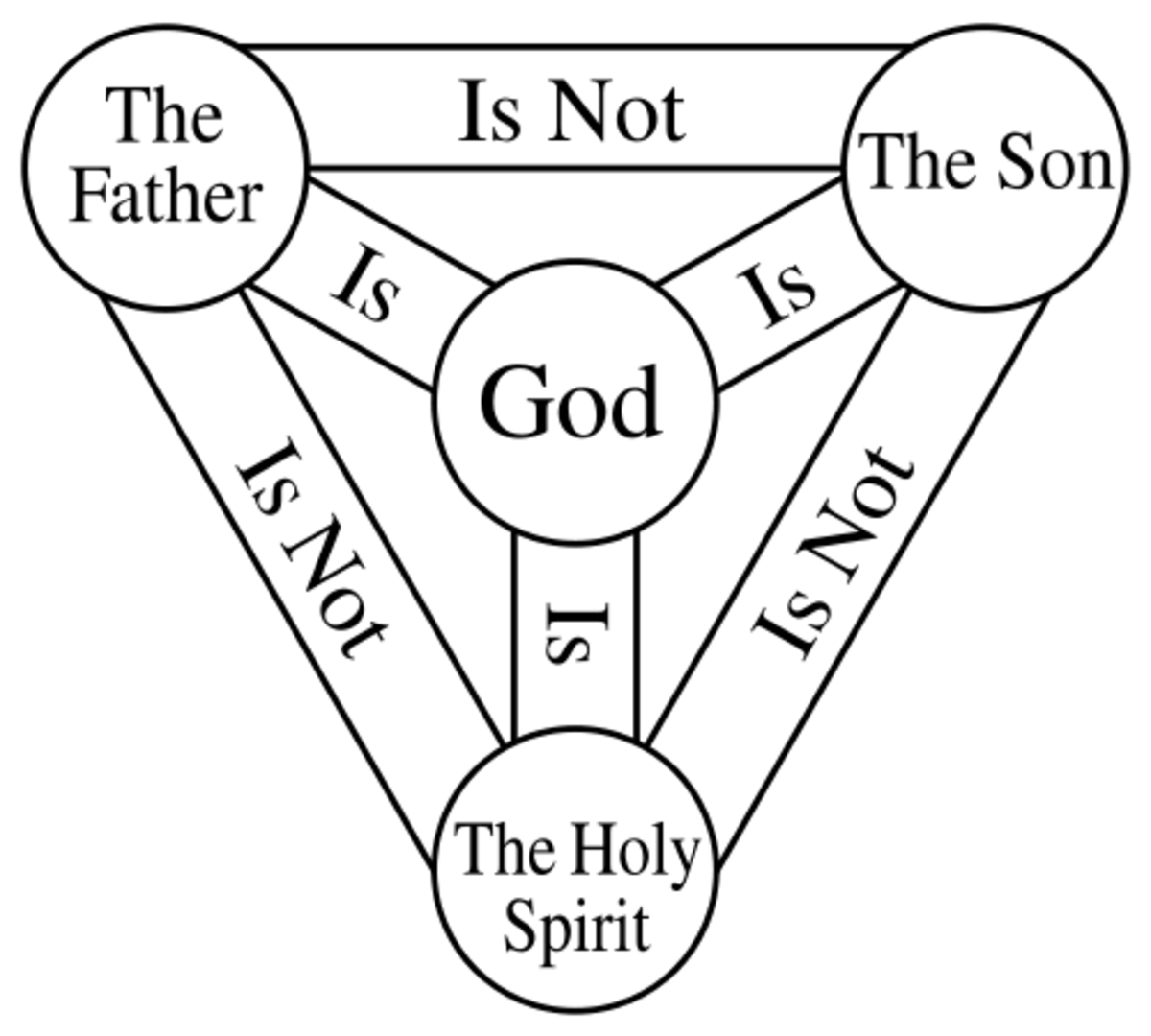Gehenna
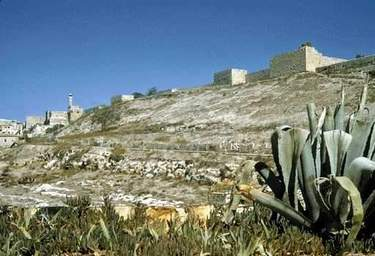
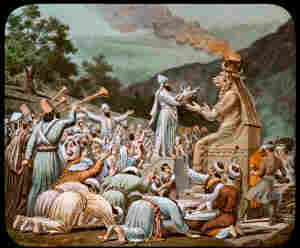
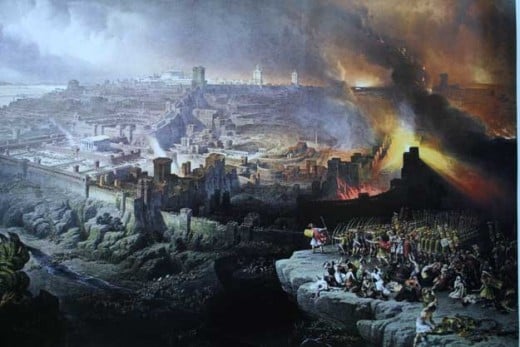
From a Universalists point of view
Christ spoke more about hell, than He did heaven, or so I am told. But did He? In Matthew 15:24 we find Christ saying this.
"I was sent only to the lost sheep of Israel."
Though Christ showed mercy to the faithful gentiles, His ministry was for the Jews alone. This one part in scripture I believe most Christians overlook when attempting to interpret scripture, and I believe that the warnings of Gehenna testifies to my belief. Nowhere in Paul's letters will you find him warning the gentiles about Gehenna. He does speak about a fire in 2 Thessalonians 1,
4 so that we ourselves glory in you in the ecclesias (Churches) of God, for your endurance and faith in all your persecutions and the afflictions with which you are bearing --
5 a display of the just judging of God, to deem you worthy of the kingdom of God, for which you are suffering also,
6 if so be that it is just of God to repay affliction to those afflicting you,
7 and to you who are being afflicted, ease, with us, at the unveiling of the Lord Jesus from heaven with His powerful messengers,
8 in flaming fire, dealing out vengeance to those who are not acquainted with God and those who are not obeying the evangel of our Lord Jesus Christ --
9 who shall incur the justice of eonian (age) extermination from the face of the Lord, and from the glory of His strength (Concordant version)(Brackets are mine)
This is the closest accurate translation to these verse that I have found available in English, and what they mean is that the suffering and persecution that the Thessalonian believers were facing would eventually end. The persecutors were the Jews in that region that would not share the same God with the gentiles. Paul was encouraging the Thessalonians, and the Jews did face the fire and vengeance of God A.D. 70. So we can say that in all his letters, the apostle Paul never once warned the gentiles of Gehenna like Christ warned the Jews. As a matter of fact, Paul never once uttered the word Gehenna to any follower of Christ let alone the word hell.
So what fire was Paul talking about in 2 Thessalonians 1? Is it the same fire found in 1Cor 3:10-15?
"10 According to the grace of God which is being granted to me, as a wise foreman I lay a foundation, yet another is building on it. Yet let each one beware how he is building on it.
11 For other foundation can no one lay beside that which is laid, which is Jesus Christ.
12 Now if anyone is building on this foundation gold and silver, precious stones, wood, grass, straw,
13 each one's work will become apparent, for the day will make it evident, for it is being revealed by fire. And the fire, it will be testing each one's work -- what kind it is.
14 If anyone's work will be remaining which he builds on it, he will get wages.
15 If anyone's work shall be burned up, he will forfeit it, yet he shall be saved, yet thus, as through fire."(Concordant version)
Or is it the same fire in Matt 3:10?
"10 "Yet already the ax is lying at the root of the trees. Every tree, then, which is not producing ideal fruit is hewn down and cast into the fire." (Concordant version)
It is my hope that the reader can see the teaching or warning of Gehenna as I do, and what I have found in Christ's teachings is not a warning about a place of eternal horror called hell. Such a place and its characteristics could never serve the purpose or pleasure of our heavenly Father. Gehenna also known as the valley of the sons of Hinnom, a place just outside of Jerusalem and a constant reminder to the Jews of the evil things done there by the Jews. 2 Kings 23 we find this.
"10 He desecrated Topheth, which was in the Valley of Ben Hinnom, so no one could use it to sacrifice his son or daughter in the fire to Molech."
Jeremiah 32:35They built high places for Baal in the Valley of Ben Hinnom to sacrifice their sons and daughters to Molech, though I never commanded, nor did it enter my mind, that they should do such a detestable thing and so make Judah sin.
During the time when Christ ministered, His disciples understood what their teacher was teaching. In Matt 24:3, they go as far as to ask Him when this age will end (age Improperly translated to "world" in most versions), meaning the age of the old covenant or the end of the Jewish religion as the Jews knew it. John the baptise who set the path ready for Christ knew that great divine change was just around the corner as he says in Matthew 3:2 that the kingdom that we now live in was at hand during his lifetime. At hand meaning any day now almost 2000 years ago, not 2000 years later. John even prophesised the end of Judah in Matthew 3:10.
"The ax is already at the root of the trees, and every tree that does not produce good fruit will be cut down and thrown into the fire."
It has been hinted that the interpretation of this verse is that God as a lumberjack will cut down anyone who does not repent and send them to hell. Nothing can be further from the truth. Isaiah 60:21 we find this.
"Then will all your people be righteous and they will possess the land forever. They are the shoot I have planted, the work of my hands, for the display of my splendor." (NIV)
There is one thing here we must consider first before we continue. You will notice the word "forever" in verse 21. The Hebrew word is "I.oulm" which is properly translated in English to "for the age". God did plant His chosen people in the promise land and they grew from shoots to trees until the end of the age of the old covenant. So if trees are symbolic for Jews, what is their root? Jerusalem is the root and as the ax is already at the root means the Roman occupation of Judah ruled in Jerusalem by Pontius Pilate during the days of John's ministry. God uses Rome as an ax, just as in Isa:10:5 We find the Assyrians were God's rod.
" O Assyrian, the rod of mine anger, and the staff in their hand is mine indignation."
Prophecy was fulfilled A.D. 70-73 with the horrific destruction of Jerusalem, the temple and the unofficial death of over 2 million Jews in Judah and in surrounding countries. They would not accept Christ as their messiah and most of them were eventually killed by Syrian Romans and by each other with in their different sects. Getting back to Gehenna, we learn that it is a horrific reminder to the Jews and we know why, but Christ was saying that their bodies would be dumped there which angered the Pharisees and Scribes. You see, what they don' t tell you at church is that in Hebron is the site where honored Jews and religious leaders would be buried. Now we have Christ telling the religious leaders that their burial site will be in a place reserved for dead criminals. Gehenna was a dumping ground for garbage, dead animals and criminals. Maggots thrived in this pit of stench and filth. Christ gives His disciples signs to look for in Matthew 24, that when these signs are seen, they are to flee Jerusalem as fast as possible to escape the wrath of God that will pour fire down (spiritually speaking) on Jerusalem with the help of Rome.
Officially, it has been estimated and documented that over 1 ,100.000 Jews were slaughtered at the hands of the Romans A.D. 70 in the great city, but not one Christian death has been documented in Jerusalem. Christ's warnings of Gehenna was meant to save as many of God's chosen people as possible, through acceptance of their messiah and saviour Jesus Christ. The destruction of Jerusalem was a judgement from God for all the sins the people of this city committed. In horror, the Jews watched in horror as their temple was torn apart by Roman soldiers to get at the melted down gold from the heat of the fire. Bodies laid piled and the stench of death and diseases was throughout the city's streets. Food was scares and almost priceless. As quick as the Jews jumped over the city walls, soldiers slaughtered them and opened them searching for swallowed gems and jewelry. It was a sight of terror for the Jews who managed to escape watching their city being destroyed along with their religion.
When one attempts to interpret the words of Christ, it is important to remember that His words are both spirit and life (John 6:63), and should not be interpreted literally. It is easy to come to the belief of hell as a place of eternal torment when one takes scripture in a literal sense. All this teaching of hell does is motivate people to worship out of fear of going to hell, and this distracts the worshiper from the knowledge of God's loving nature as a Father. Gehenna is simply symbolic for God's wrath on Judah.
Evelyn Uyemura says it best when she said " We do not read the Bible the way it is; we read it the way we are." Peace.



